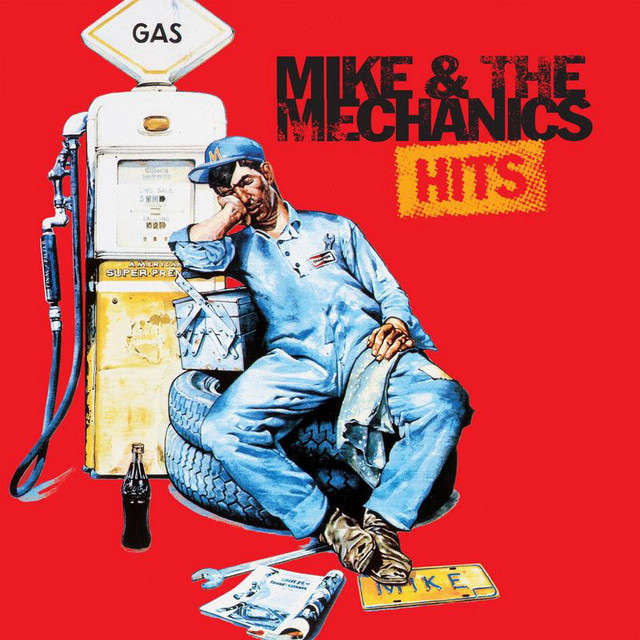Cows bred to produce less methane in their burps could prove to be an important ally in the fight against climate change, scientists have told Sky News.
A groundbreaking breeding programme in Scotland is proving so successful that the amount of the greenhouse gas produced by cattle when they belch or break wind could fall by 40% in just 20 years.
Cows and other farm animals produce at least 12% of global methane emissions, according to the Food and Agriculture Organisation of the United Nations.
But reducing levels could have a significant impact on global warming.
The gas traps 80 times more heat in the atmosphere than carbon dioxide in the first two decades after it's released. But it breaks down after only 12 years - so reducing emissions would have rapid results.
Professor Mike Coffey, from Scotland's Rural College, said calves born in the Cool Cows breeding programme produce 2% less methane than their parents.
"It's permanent and cumulative. So once you've got an animal that produces less methane, she produces less for life," he explained.
"When you mate her to a lower methane-producing bull her offspring produce even less than she did.
"And you just keep going on and on. Over 20 years, you can reduce it by 40%."
Methane is produced from cows, sheep and other ruminant animals when microbes in their guts digest grass and other feed.
The amount of the gas released by animals varies, partly because of the number and type of bugs in their stomach. And that's influenced by inherited genetic factors in the cattle.
A new DNA test made by the company Semex can predict which animals will produce less methane, allowing scientists to match up bulls and cows for the breeding programme.
IVF techniques are then used to produce five or six calves in surrogate mothers each year, rather than the one that would normally be possible.
It means scientists can pick the best animal to breed from, leading to more rapid methane reductions without any genetic modification.
'Entirely vegan world not feasible'
Agriculture currently accounts for 10% of the UK's greenhouse gas emissions, with the country's nine million cows and calves a significant contributor.
The National Farmers' Union has set a target of reducing greenhouse gas emissions to net zero by 2040.
Food sustainability experts say breeding cattle that produce less methane is a significant advance, but not enough.
Emma Garnett, from the University of Oxford, said livestock still produce large amounts of manure that also releases greenhouse gases.
"Yes, let's make things more efficient if we can, because I don't think an entirely vegan world is a feasible," she said.
"But it must not be used as a smoke screen for not shifting to more plant-based diets. The most effective way to reduce methane from cows is to farm fewer cows."
Read more from Sky News:
The beef market is in turmoil - and inflation is spiralling
Parkinson's patient plays clarinet during brain surgery
Beef consumption has already fallen by 62% since 1980, according to recent government figures.
Much of that has been because of concerns over health and animal welfare, but in recent years the climate impacts of cattle farming have become more widely known.
However, cheese consumption is increasing.
Professor Coffey said: "If you choose to eat meat or dairy, we are trying to produce it with lower impact.
"Just like if you chose to drive a car, you can choose to drive a car that has less emissions or you can choose to go on the bus.
"What we are doing here is providing consumers a choice and farmers the tools to enable that choice to be made."

(c) Sky News 2025: Cow burps have a big impact on global warming - but scientists think they've found a solution


 UK weather: Four Met Office warnings in place as Storm Benjamin hits
UK weather: Four Met Office warnings in place as Storm Benjamin hits
 As hate crimes against Muslims rise, govt urged to adopt new definition of Islamophobia in full
As hate crimes against Muslims rise, govt urged to adopt new definition of Islamophobia in full
 Zack Polanski and Nigel Farage are polar opposites in politics, but have one thing in common
Zack Polanski and Nigel Farage are polar opposites in politics, but have one thing in common
 Boy, 15, who murdered Harvey Willgoose sentenced to life with minimum term of 16 years
Boy, 15, who murdered Harvey Willgoose sentenced to life with minimum term of 16 years



